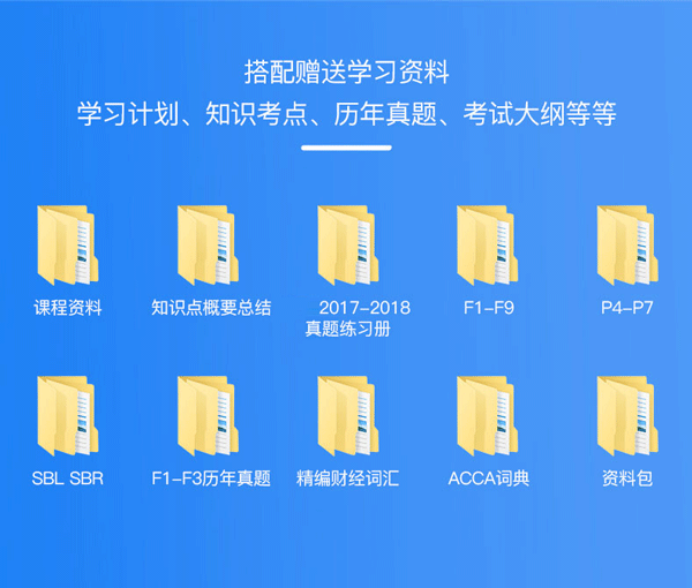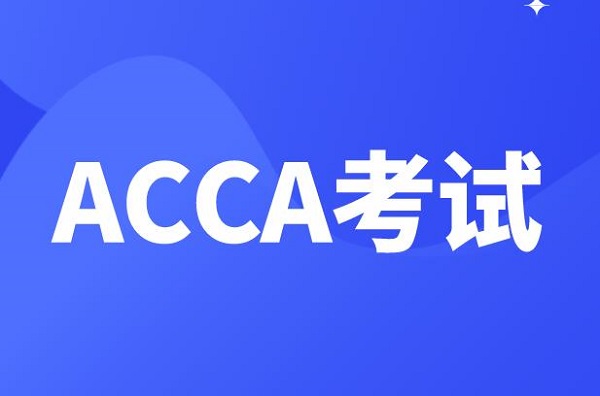ACCA财务证书考试是为了能够让学员掌握更多的知识,在未来的职场中能够有较好的备考ACCA考试中Deontological & Teleological ethics怎么去理解?
Deontological & Teleological ethics是ACCA考试的内容,学员在学习该知识点的时候,首先需要对其含义有理解,同时要清楚知道需要掌握的内容有哪些。备考ACCA考试本来都不简单,学员要重视学习的效果。
戳:“各科必背定义+历年真题中文解析+20年习题册(PDF版)”

1、Deontological ethics 道义论伦理学
on of absolute, universal ethical principles in order to arrive at rules of conduct, the word deontology being derived from the Greek for 'duty'.道义论关注的是*应用,从普遍的道德原则到行为规则。道义这个词来自希腊文“责任”。
Deontology lays down criteria by which actions may be judged in advance, the outcomes of the actions are not relevant.道义论制定标准,提前判断会采取哪些行动,行动的结果是不相关的。

2、Teleological or consequentialist ethics 目的论伦理学
The teleological approach to ethics is to make moral judgements about courses of action by reference to their outcomes or consequences. Right or wrong becomes a question of benefit or harm rather than observance of universal principles.道德目的论方法是参考行为结果,来做出行为过程的道德判断。对或错,成了一个得益或损失的问题,而不是遵守普遍原则。
There are two versions of consequentialist ethics 目的论有 2 个版本:
1) Utilitarianism – what is best for the greatest number 功利主义-追求数字zui大化
2) Egoism – what is best for me 利己主义–什么是对我zui好的
》》》ACCA直播答疑丨8位大咖讲师、12场公开直播!ACCA公开课直播等着你!
如果你在ACCA课程学习方面遇见不同的困难,不妨与融跃老师在线联系或者添加老师微信(rongyuejiaoyu),让老师为你进行课程的解答。同时还可以试学融跃教育课程,找到适合自己的内容,更好的帮助你通 关考试。
阅读排行
- 1 ACCA证书申请条件有哪些?ACCA证书申请流程
- 2 ACCA考生参加分季机考的注意事项
- 3 ACCA考试哪些城市有考点?
- 4 ACCA 2025全国大学生财智精英挑战赛报名仅剩12天!
- 5 上海市境外职业资格证书认可清单发布,涉及ACCA、CFA、CMA人才政策
- 6 3万元奖励!ACCA人才获郑州航空港经济综合实验区政策支持
- 7 《上海市境外职业资格证书认可清单(3.0版)》正式发布,FCCA及ACCA证书连续第三年入选!
- 8 ACCA伦敦大学专业会计学士学位(BSc)2026年3月入学批次现已开放申请
- 9 ACCA考试需要多少钱?ACCA考试难度大不大?
- 10 ACCA考试地点有哪些?ACCA考试内容有哪些?












